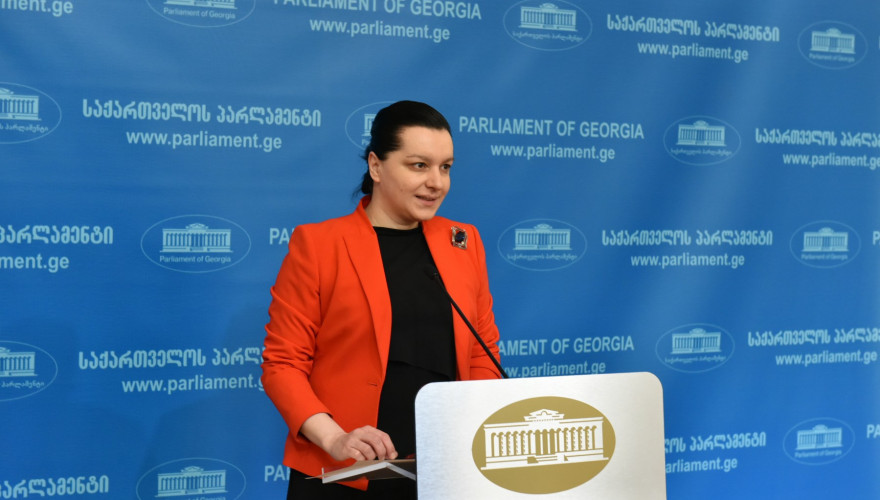Novel Virus calls for Novel Approaches. Before aggressive testing becomes possible Georgia should move to Population-based Active Surveillance of COVID-19 through Primary Care

Mariam Jashi – Chair of the Easter Europe and Central Asia Chapter of the Global Parliamentary Network UNITE to End Infectious Diseases, Chairperson of “Independent MPs” Fraction of the Parliament of Georgia
Against the background of COVID-19 pandemic, Georgia has effectively managed epidemiological monitoring of the high risk groups via border control, quarantine, treatment and contact tracing measures.
However, number of COVID-19 cases are expected to grow and the expansion should not inflict panic in the society.
The Global Parliamentary Network UNITE to end Infectious Diseases will soon publish its official statement on COVID-19 response. Meantime on behalf of Independent MPs Fraction, let me share the following two main recommendations:
- Building on the experience of South Korea and China, timely identification of coronavirus cases through aggressive testing remains as our first recommendation. Therefore the Government should use both budgetary resources and private sector funding to procure maximum possible supplies of rapid diagnostic tests.
- Since the next 2 weeks is especially critical for Georgia, when implementation of aggressive testing will not be feasible, our second recommendation is for the health sector to move to population-based active surveillance for COVID-19, or proactive collection of data on the health status of the population.
If till today COVID-19 response was concentrated on the preparedness of the hospital sector, population-based active surveillance will require more active engagement of primary health care (PHC) that ensures coverage of at least 90% of the population.
Village health practitioners and primary health care providers implementing state-funded Universal Health Care programme and private insurance schemes (all facilities or randomly selected) should proactively contact families/households registered at their PHC facilities through landline/mobile phones with a standardized questionnaire on a weekly basis or at least twice over the next 4-week period.
The questionnaire should be developed in consultation with the National Centre for Disease Control based on the definition of suspected COVID-19 cases per COVID-19 Global Surveillance recommendations of the World Health Organizations (WHO).
The phone interviews would facilitate systematic data collection on whether any member of households have signs of suspected COVID-19, recent travel history or possible contact with confirmed COVID-19 cases. As a result, suspected cases of coronavirus disease would be more actively identified for referral to targeted testing, timely and effective treatment.
At the same time, phone interviews will be an additional possibility to provide detailed information to families what to do and whom to contact in case any member of the household has signs of suspected coronavirus disease.
For foreign citizens with no medical insurance plans in Georgia, active surveillance could be implemented through education and tourism sectors. Namely, universities through engagement of students and faculties could proactively contact all foreign students enrolled in their education facilities. Similarly, despite rapid decrease in the number of foreign visitors, hotel administrations could be advised to use the same approach for proactive collection of health status information among their guests.
The World Health Organization (WHO) has named COVID-19 a Novel Virus. Novel Virus calls for Novel Approaches and innovations. Since the global knowledge on coronavirus is still rather limited, population-based active surveillance, could be an innovative step taken by Georgia that contributes to expanding the knowledge basis in the fight against the pandemic.
